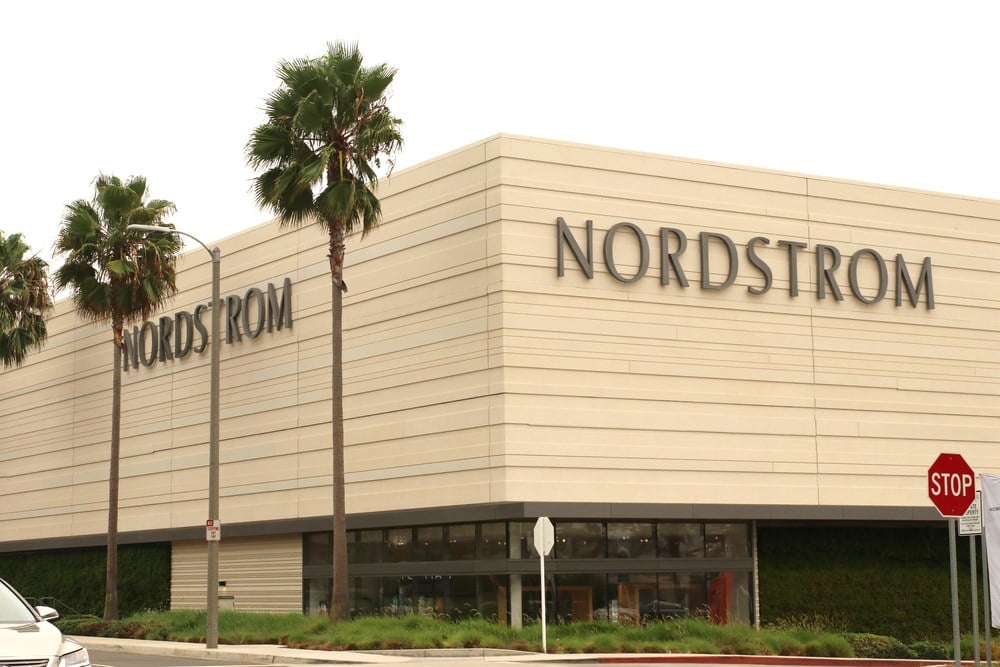Financial News
More News
View More
If Solar’s Rally Has Legs, These 2 Stocks Could Benefit Most ↗
January 04, 2026
Oracle: A Hard Pass—or a Hard-to-Pass Opportunity? ↗
January 04, 2026
Why 2026 Could Be the Year Archer Aviation Finds Its Lift ↗
January 03, 2026
Small-Cap Standouts: These 3 Stocks Rose Over 300% in 2025 ↗
January 03, 2026
Off-the-Beaten-Path Metals ETFs With Big Potential ↗
January 03, 2026
Recent Quotes
View More
Stock Quote API & Stock News API supplied by www.cloudquote.io
Quotes delayed at least 20 minutes.
By accessing this page, you agree to the Privacy Policy and Terms Of Service.
Quotes delayed at least 20 minutes.
By accessing this page, you agree to the Privacy Policy and Terms Of Service.
© 2025 FinancialContent. All rights reserved.









